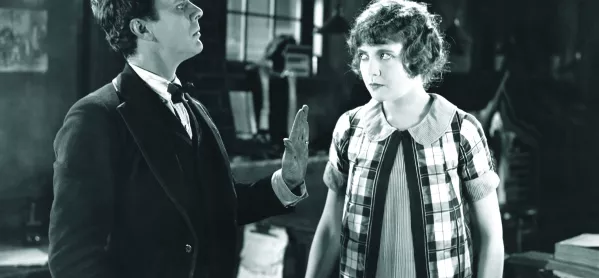It is time the education sector acknowledged that we need a different approach to the task of growing our potential leaders.
Pretty much everyone short of the schools minister realises that there is a recruitment crisis, a lack of classroom teachers, insufficient middle leaders and seemingly lack of desire to become senior leaders and headteachers.
Our government’s solution appears to be a double-hander: ambitious teachers after being fast-tracked into leadership after as little as a couple of years; and so-called “superheads” are running two, three or more schools. We all know neither will work.
I believe the only way forward in this tricky area is to go back to the basic premise that it is a requirement of every successful school to grow the potential leaders of the future.
You may well ask how we might achieve this.
Let’s have a look at my school. I certainly have a group of young teachers who want to move upwards through the profession.
We attempt to be positive about this ambition at every stage. Instead of continuing the initial teacher training approach of monitoring them to death, we show confidence in them.
We show them that element of trust which allows them to make the best decisions for their children. From the very beginning, we encourage in them a management approach to both their class and the school as a whole, while instilling in them a love and passion for the profession.
This approach starts with a focus on teaching and learning. We encourage them to understand that they are central to their children’s learning journey.
Feedback is continuous, but not done in a formal way - in a way that allows a young teacher to gain confidence. We try to remove the endless pressure that can be felt by them. We achieve this by constantly remembering what it was like for us when we started teaching.
‘Trust in young teachers’
We encourage mistakes and risk-taking as these actually develop individual teachers. This also promotes and encourages leadership right from the beginning.
We encourage them to think of teaching as a craft that develops over time. We do not promote a “do it this way approach”: more a “be yourself and question everything” approach.
Teachers therefore develop their own solutions to problems and share these skills with others.
Support throughout the fabric of the school is key to making this approach work. All ambitious teachers need support at some time or other and if done right it inculcates confidence to take risks and to put their children first.
Heads play a crucial role in ensuring young staff gain this support and confidence: with praise, guidance and trust. Being appreciated at an early stage will be beneficial in later years.
As leaders, we must always remember how we felt at this age. Young teachers need to aspire, and to look up to their present leaders. This aspiration will not happen if management is based purely on classroom observation and criticism.
Let’s trust young teachers more, let’s nurture them, let’s believe in them and let’s recognise that they too need to make mistakes like we did. Only if we do this will we generate a body of teachers ready to take on the responsibility of running our schools.
Colin Harris is headteacher of Warren Park Primary School in Havant, Hampshire
Want to keep up with the latest education news and opinion? Follow TES on Twitter and like TES on Facebook




